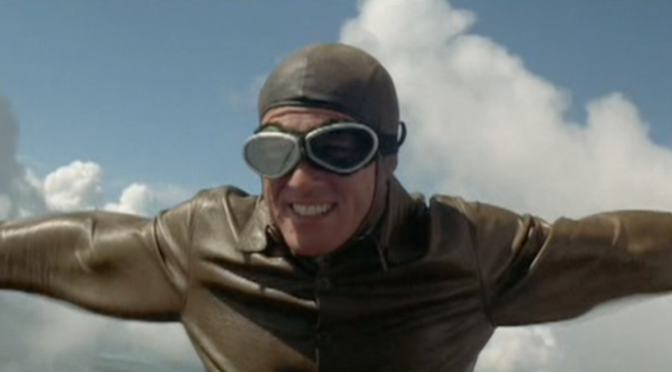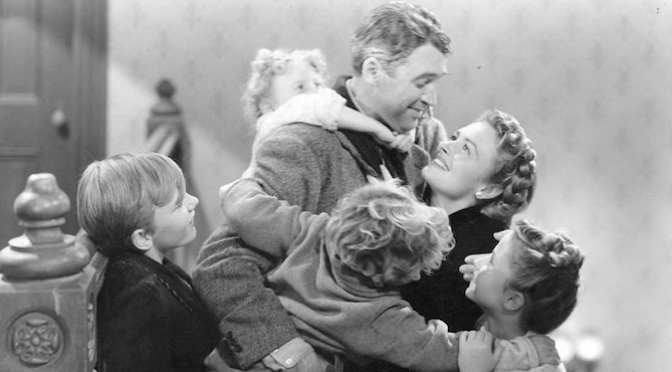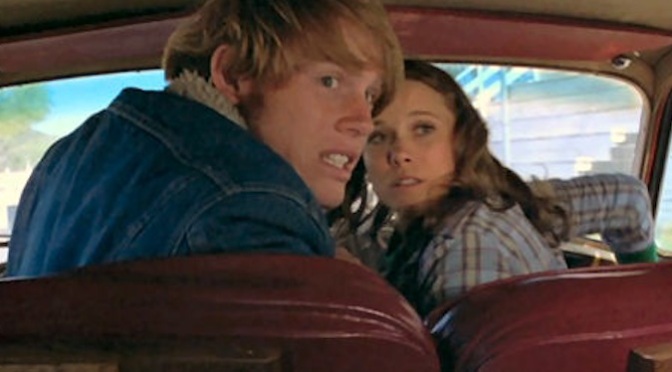If Robert Redford is the best model of the American Dream in all its smiling, handsome glory (and I think he is), then he must also be its most effective destroyer. Through characters like the Sundance Kid (Butch Cassidy and the Sundance Kid) and Jay Gatsby (The Great Gatsby) who turn themselves into legends, and Bob Woodward (All the President’s Men) who turns politicians into criminals, Redford has made his career a mission to demystify the neatly packaged illusion of American exceptionalism. Yet I don’t think either of those crushes The Dream as brutally as The Great Waldo Pepper does, leaving it burning in the wreckage of a monoplane. And that’s saying something for a movie as lighthearted as this one.
It’s 1926 in down-home Nebraska, and all that’s left of World War I are the daredevil pilots who duke it out in barnstorming competitions right over our heads. Simple Midwesterners search the skies at the sound of a biplane engine while J.P. Sousa-style marches signal the arrival of our hero, Waldo Pepper. There’s only one problem–Pepper is a liar and a cheat. He never fought against the notorious Ernst Kessler in the war (he didn’t fight at all on account of his being a flight instructor), but he’ll say he did if it gets him an easy buck (on account of his being poor and desperate). But despite being a great storyteller and showman, Pepper is actually the real deal. He’s “Great,” not because he’s got money like Gatsby, but because his flying skills are (nearly) unmatched (that pesky Kessler is still alive after all). In this day and age, though, where almost every man and his grand-pappy seems to have a plane, Pepper’s gotta find a way to stand out. Continue reading The Great Waldo Pepper (1975)










